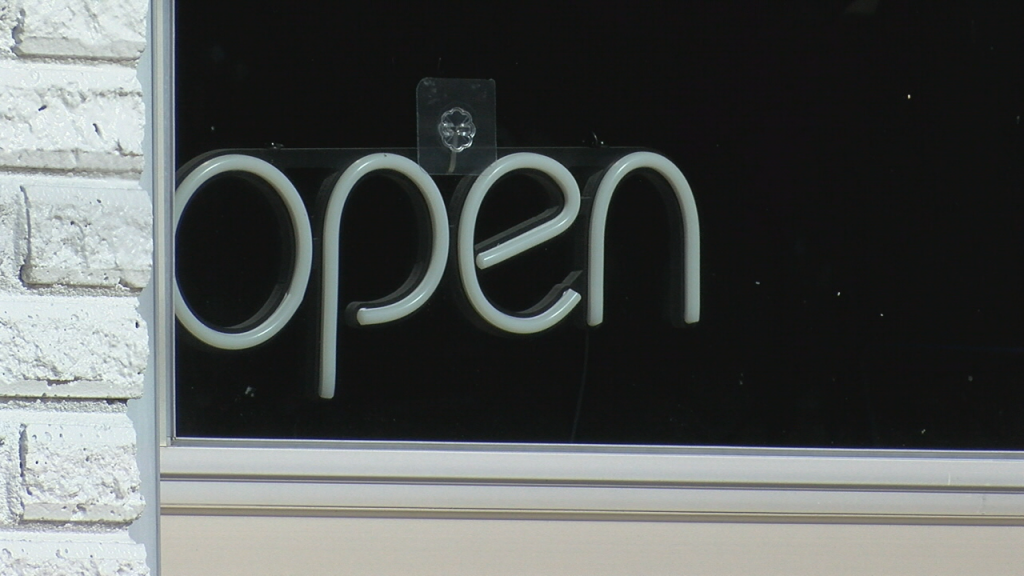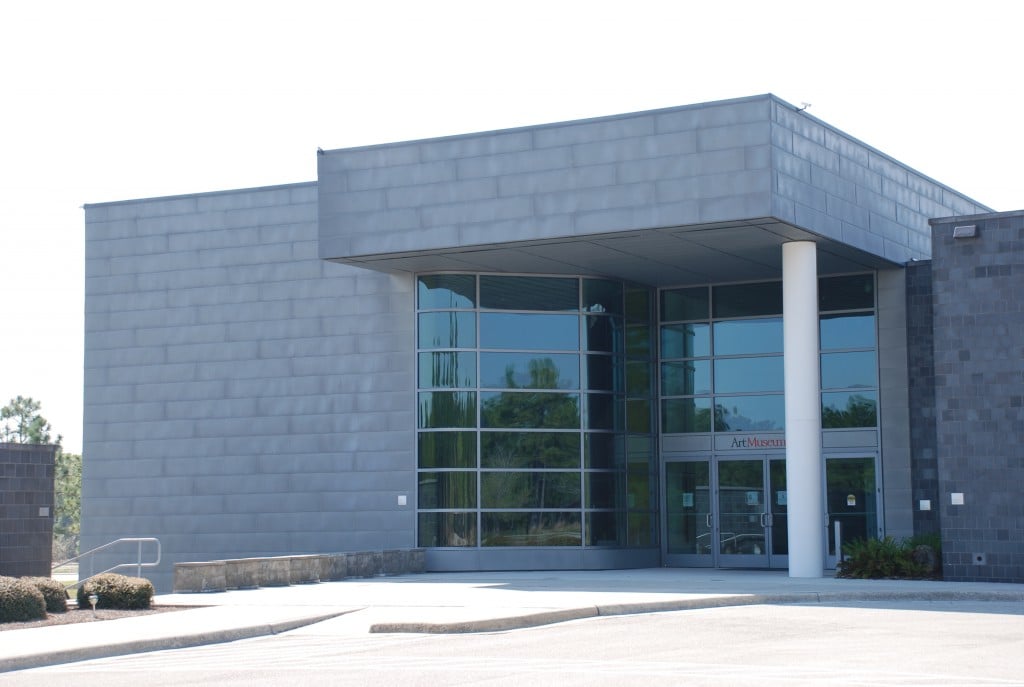COVID-19 risks you may not know: Leland doctor talks warning signs, prevention
BRUNSWICK COUNTY, NC (WWAY) — COVID-19 has been described as the gift that keeps on giving, though it’s the gift that no one wants.
Dr. Kamran Goudarzi, a general vascular surgeon practicing at Scarless Vein Care by Dr. Kamran, explains along with long-term damage to the lungs, blood clots can be caused by the virus.
“You’ve got a virus that somehow is affecting your clotting factors and on top of that you’ve got an infection, infection makes your blood thicker,” Goudarzi said.
Those who are very sick and bedridden, or even worse, hospitalized, are at an even higher risk because stretching your leg muscles is a key prevention method for clots. Dr. Kamran says clots can be silent killers, so what are the warning signs?
“If one leg is swollen more than the other, whether if it’s your calf muscle, foot, or whether it’s your whole leg, that’s a clot unless proven otherwise,” Goudarzi said. “You need to call your doctor and make sure you have it checked. If you have varicose veins and they start getting red and tender, they’re clotting.”
Adding that chest pain can be a sign of blood clots or other serious medical emergencies, and you should call 911 if you are experiencing that symptom.
Though not all clots are deadly, Goudarzi says it’s important to get them checked sooner rather than later before they can potentially become deadly.
Many things can cause an increased risk for clots like varicose veins, venous insufficiency, chronic obstructive pulmonary disease (COPD), rheumatoid arthritis, pregnancy, being overweight, having surgery, and even flying. Dr. Kamran says you can’t change your genetics, but there are some things you can do to prevent blood clots.
“You could probably take aspirin, you know baby aspirin, which is very safe, or lose weight, exercise,” Goudarzi said.
If you are diagnosed with COVID-19, Dr. Kamran recommends asking your doctor about your risk for blood clots or even seeing a vein specialist following your diagnosis just to be safe.
Goudarzi says early research suggests the increased risk of blood clots due to COVID-19 is not long-lasting, so once people recover from the virus that risk factor has likely gone away.
He does suggest taking a baby aspirin once per day to prevent clots, whether you are young or old, sick or healthy, but to consult your doctor first if you have preexisting conditions.





Leave a Reply